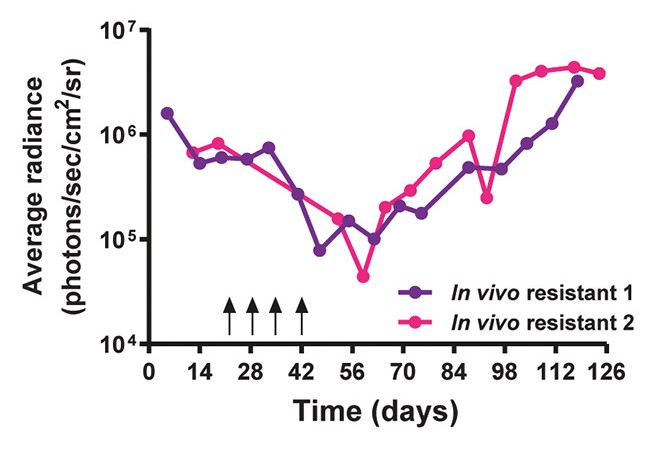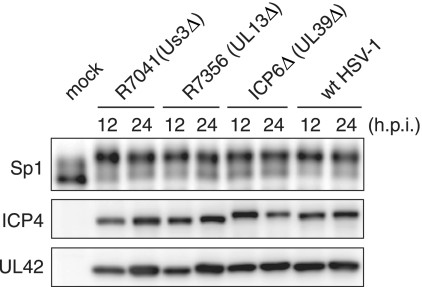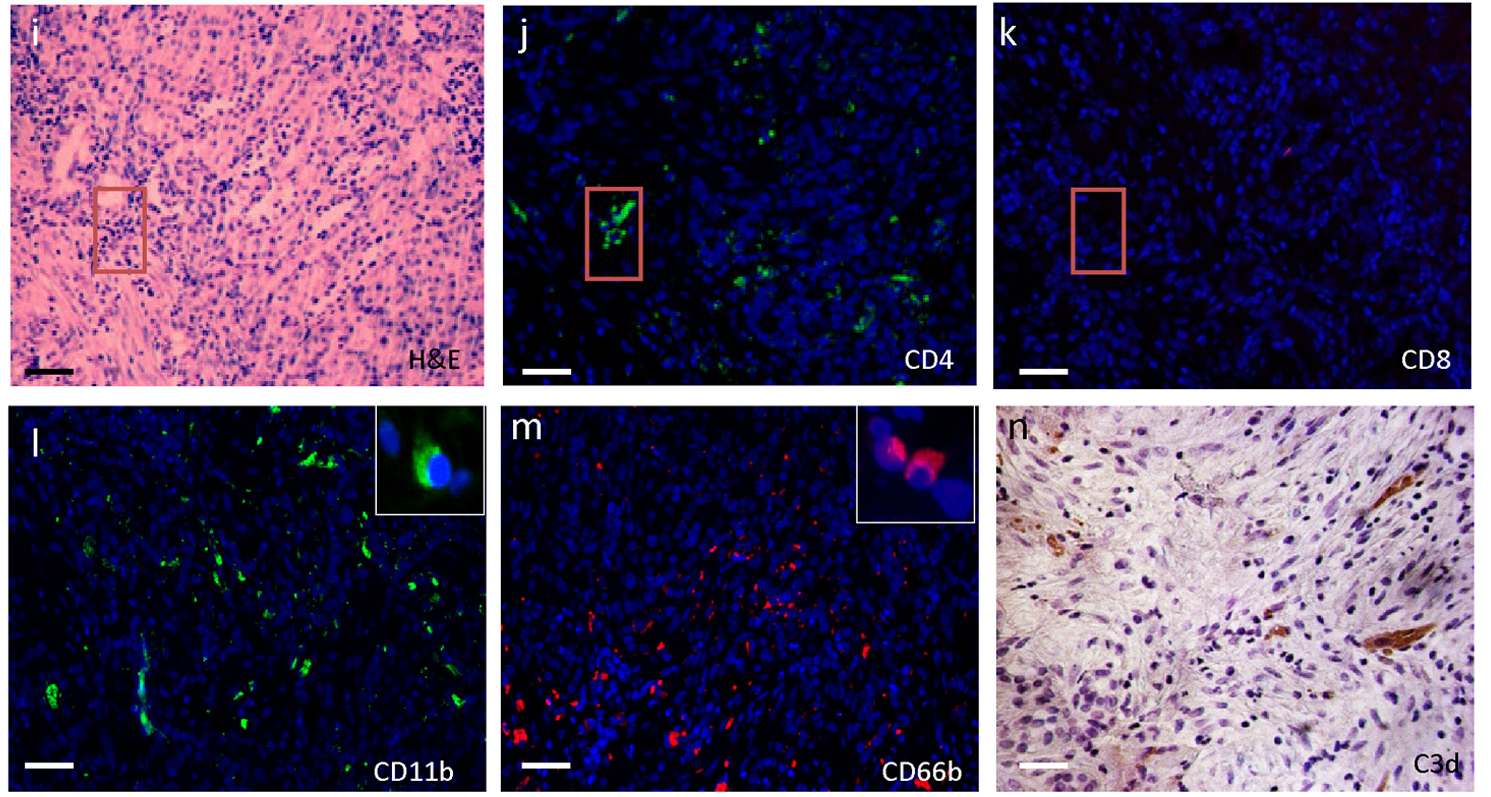Cat. #161758
IVRO1 Cell Line
Cat. #: 161758
Availability: 8-10 weeks
Organism: Human
Tissue: Ovary
Model: Mutant
£575.00
This fee is applicable only for non-profit organisations. If you are a for-profit organisation or a researcher working on commercially-sponsored academic research, you will need to contact our licensing team for a commercial use license.
Contributor
Inventor: Michelle Lockley
Institute: Queen Mary University of London, UK.
Primary Citation: J I Hoare et al. 2022. Gynecol Oncol. 167(1):96-106. PMID: 35918200.
Tool Details
*FOR RESEARCH USE ONLY (for other uses, please contact the licensing team)
- Name: IVRO1 Cell Line
- Cancer type: Ovarian cancer
- Research fields: Cancer
- Parental cell: OVCAR4-Luc cell lines
- Organism: Human
- Gender: Female
- Tissue: Ovary
- Growth properties: Adherent
- Model: Mutant
- Model description: Platinum-resistant HGSC in vivo cell line
- Crispr: No
- Description: Platinum-resistant HGSC cancer cells with a growth advantage in the presence of therapy that expand to create drug-resistant tumours.
- Production details: Mice with OVCAR4 intraperitoneal xenografts initially responded to carboplatin but tumours eventually regrew indicating the in vivo development of carboplatin-resistance. Murine tumours were harvested at necropsy and dissociated to create IVR01.
Handling
- Growth medium: DMEM containing 10% FBS and 1% penicillin/streptomycin. Cells should be cultured without drug but used at low passage to ensure drug resistance is maintained.
- Temperature: 37° C
- Initial handling information: Cells should be cultured without drug but used at low passage to ensure drug resistance is maintained
- Cultured in antibiotics: Streptomycin and Penicillin
- Mycoplasma free: Yes
- Str profiling: 16 locus STR verification (DNA Diagnostics Centre, London, UK: June 2015?February 2016 and European Collection of Authenticated Cell Lines August 2019)
References
- H Hockings et al. 2022. Cancer Res. 85(18):3503-3517.PMID: 40299825
- J I Hoare et al. 2022. Gynecol Oncol. 167(1):96-106. PMID: 35918200.




![Anti-CAR Whitlow Linker [1C3C3]](https://cancertools.org/wp-content/uploads/Figure-6-Kimble-et-al.-J-Immunother-Cancer-2025-300x322.jpg 300w, https://cancertools.org/wp-content/uploads/Figure-6-Kimble-et-al.-J-Immunother-Cancer-2025-280x300.jpg 280w, https://cancertools.org/wp-content/uploads/Figure-6-Kimble-et-al.-J-Immunother-Cancer-2025-954x1024.jpg 954w, https://cancertools.org/wp-content/uploads/Figure-6-Kimble-et-al.-J-Immunother-Cancer-2025-768x824.jpg 768w, https://cancertools.org/wp-content/uploads/Figure-6-Kimble-et-al.-J-Immunother-Cancer-2025.jpg 1193w)


